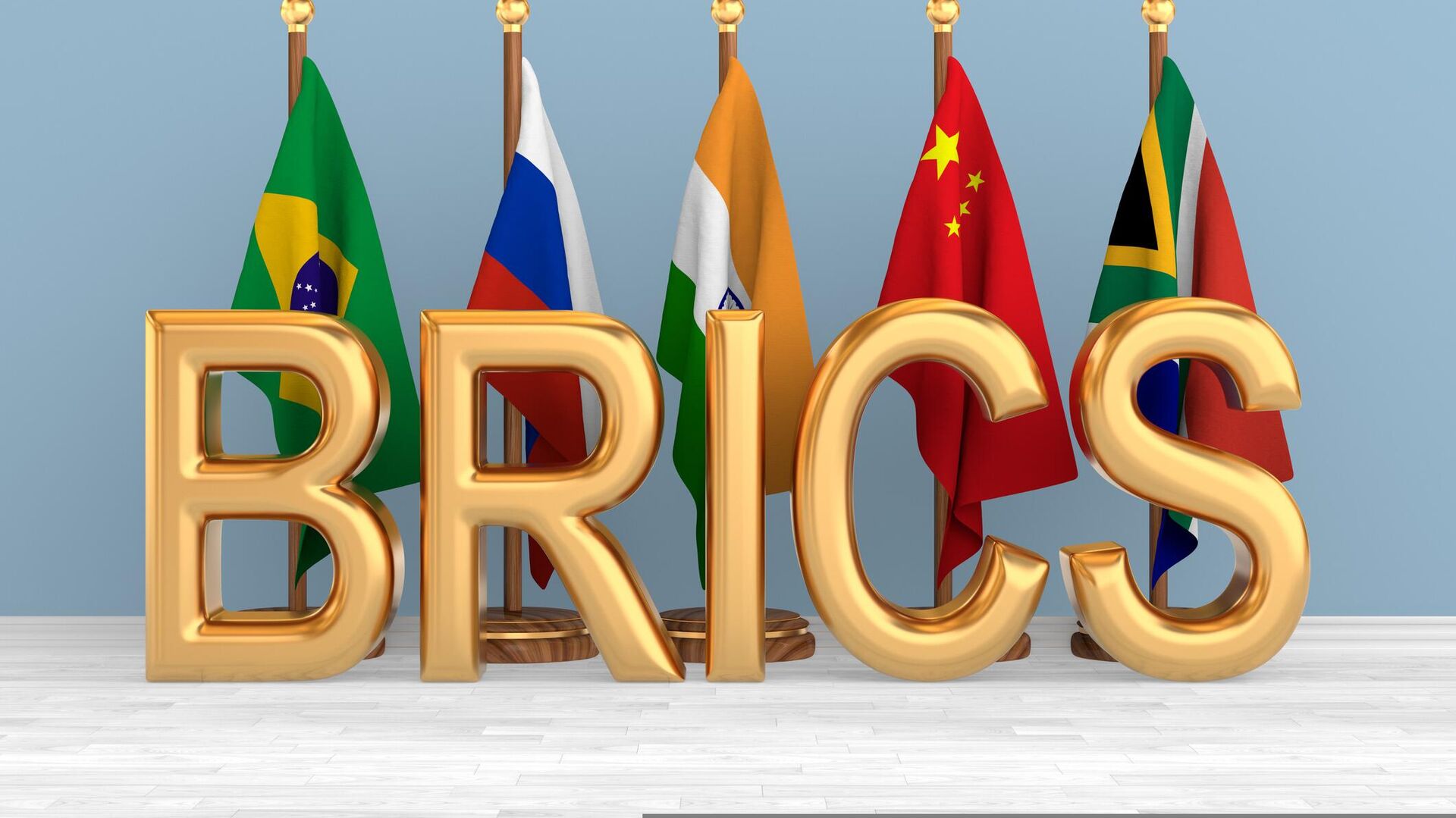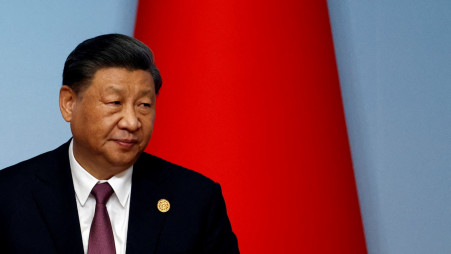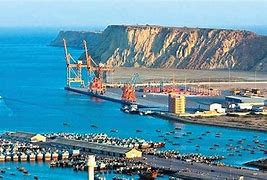BRICS summit expected to strengthen unity among members as Global South nations gather together in Russia.
As the 16th BRICS Summit in Kazan, Russia is beginning from today, it is expected to showcase enhanced solidarity among emerging markets and Global South nations, along with increased backing for multilateralism and global stability.
This assessment comes as President Xi Jinping prepares to attend the significant event from Tuesday to Thursday.
What distinguishes this year’s summit is that it marks the first gathering following BRICS’s most recent significant expansion. Chinese officials have stressed the importance of the Kazan summit, expressing full support for Russia’s role as the host.
Zhang Hanhui, the Chinese ambassador to Russia, stated in a recent interview with Xinhua News Agency that the expanded cooperation within BRICS will significantly contribute to the improvement of the global governance system. He affirmed China’s commitment to collaborate closely with other BRICS members to establish a more comprehensive, practical, and inclusive high-quality partnership, embarking on a new journey for the group.
With the latest expansion, BRICS now represents approximately 30% of the world’s land area, 45% of the global population, and 20% of international trade. This development reflects the rising prominence of emerging markets and developing countries, with the Global South now accounting for over 40% of the global economy.
Foreign Minister Wang Yi indicated at a BRICS foreign ministers’ meeting in New York on September 26 that the group should aim for significant achievements in finance, artificial intelligence, energy, and minerals to initiate robust BRICS cooperation.
In the first three quarters of this year, China’s trade with other BRICS nations amounted to 4.62 trillion yuan (approximately $649.66 billion), marking a 5.1% increase compared to the previous year, according to data from the General Administration of Customs.
Analysts remarks about BRICS
Ren Lin, head of the Department of Global Governance at the Chinese Academy of Social Sciences’ Institute of World Economics and Politics, noted that the BRICS cooperation mechanism serves as a crucial platform for China’s involvement in global governance.
China has recently introduced initiatives such as the Global Development Initiative, the Global Security Initiative, and the Global Civilization Initiative, which align with BRICS cooperation and are expected to elevate practical collaboration among its members.
She emphasized that greater BRICS cooperation has strengthened the ability of emerging market and developing countries to manage external risks and fostered practical collaboration among Global South nations.

In recent months, more countries, including Thailand and Malaysia, have shown interest in joining BRICS. Jiang Tianjiao, deputy director of the Center for BRICS Studies at the Fudan Development Institute in Shanghai, noted that this trend reflects a global rejection of concepts like “decoupling,” proxy wars, and protectionism.
He explained that with its principles of openness, inclusivity, cooperation, and win-win scenarios, BRICS is likely to receive broader recognition on the international stage.
Moreover, Magdy Amer, vice-president of the Egypt-China Friendship Association and former Egyptian ambassador to China, remarked that emerging markets are increasingly pivotal in shaping the world order. He also highlighted the potential of “BRICS Plus” cooperation, which involves collaboration between BRICS and non-member developing countries, to foster consensus on global issues and enhance shared economic growth.
Lastly, it shall be noted that BRICS allow for increased development potential and cooperation in political, security, economic and soci0-cultural fields which serve as the fundamental engine of the group.
Related Posts

















